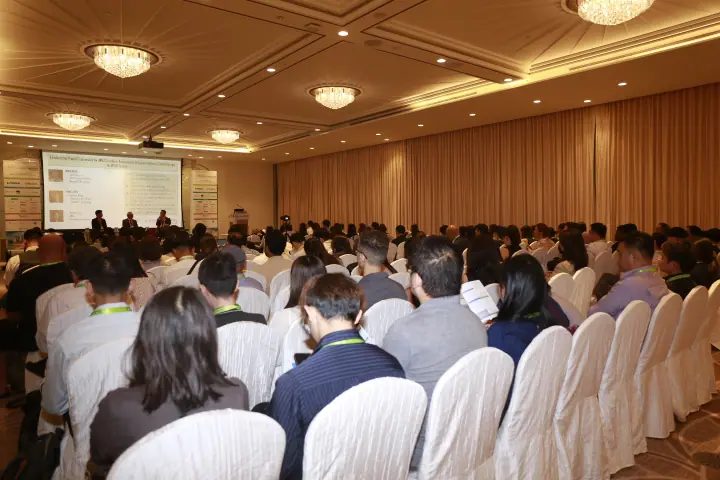In a remarkable breakthrough, a revolutionary gene therapy treatment has effectively restored hearing in children who were born with genetic mutations that resulted in deafness. Eli Lilly recently shared exciting news about the success of its treatment in a clinical trial, which has brought the gift of hearing to a profoundly deaf Moroccan boy. A recent report in The Lancet highlighted the positive outcome of a trial in China, where five children also experienced a significant improvement in their hearing.
Geneticists and researchers, such as Karen Avraham of Tel Aviv University and Lawrence Lustig of Columbia University, are highly impressed by the achievement, viewing it as a major milestone in the treatment of deafness. A groundbreaking therapy has been developed that utilises a virus to introduce the OTOF gene into the inner ear. This innovative approach enables the hair cells to regain their ability to sense sound and transmit it to the brain.
The findings, published in The Lancet, highlight the varying levels of success observed in different individuals receiving the treatment. A young boy from Morocco showcased remarkable progress in his hearing abilities, even without the assistance of a cochlear implant. Similarly, in China, certain children with cochlear implants demonstrated significant improvements in their speech and hearing, even when the devices were not activated.
However, there are still lingering questions regarding the treatment’s long-term effectiveness. Scientists stress the importance of gathering additional data over time to assess the long-term persistence of gene expression and the potential influence of immune responses on the observed improvements.
This breakthrough in gene therapy paves the way for potential treatments aimed at addressing various gene mutations that cause deafness. Scientists are expecting upcoming trials for conditions in which hair cells remain functional for a limited period after birth. Despite facing obstacles, there is a sense of hope that the continued achievements will draw more financial support for similar initiatives.
Previous efforts to regenerate hair cells in adults with profound hearing loss, highlighting the difficulties and obstacles encountered along the way. Experts suggest that the process of encouraging hair cell regrowth continues to be a highly intricate and demanding field of research.
In the future, it is anticipated that gene therapy may become a common treatment option for infants who are diagnosed with genetic forms of hearing loss. This has the potential to result in prompt intervention and treatment, ultimately revolutionising the field of hearing impairment.
Responding to the Deaf community’s concerns, researchers highlight the significance of offering choices instead of imposing “cures.” Although there are differing opinions on gene therapy and its potential impact on Deaf culture, researchers are focused on providing options for parents of deaf children. This is particularly important for hearing parents who often want their children to have the opportunity to hear.
Come and join us in shaping the future of Cell and Gene Therapy at the Cell and Gene Therapy World Summit 2024, happening on the 11th and 12th of June in London, UK. This summit is a pivotal gathering that brings together top professionals to exchange groundbreaking concepts and collectively advance the field of cell and gene therapy. Join us for engaging discussions with industry leaders, gain insights into cutting-edge research, and play a vital role in contributing to the evolution of this transformative medical discipline. Don’t miss this opportunity to be part of the conversation. For additional information and to secure your spot, please visit the Cell and Gene Therapy World Summit 2024 website at https://imapac.com/events/cell-and-gene-therapy-world-summit/





